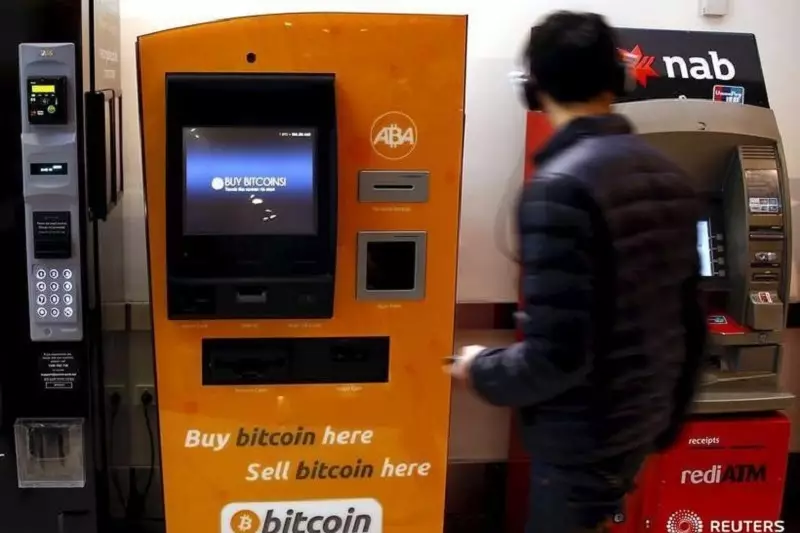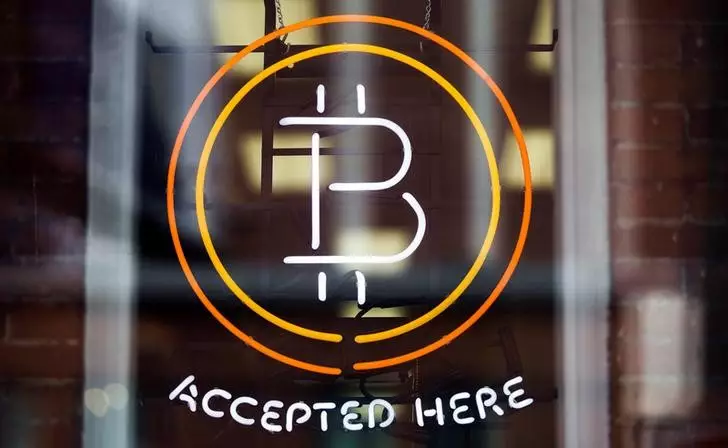The Bitcoin Dilemma: Holding Steady Amid Market Turbulence

In the tumultuous world of cryptocurrency, Bitcoin’s recent price fluctuations have stirred significant concern among investors. With various market indicators signaling a period of extreme fear, one voice has emerged to advocate for resilience: Michael Saylor, the co-founder, and chairman of MicroStrategy. His assertion that “You do not sell your Bitcoin” serves as a poignant reminder to those contemplating hasty actions in the face of market uncertainty.
Recent trends illustrate that the psychological state of the market plays a crucial role in investor behavior. The Crypto Fear and Greed index paints a grim picture, indicating severe anxiety among market participants. Fear-driven selling can often create a feedback loop, resulting in even lower prices as panic leads to hasty decisions. In such an environment, Saylor’s message resonates deeply, encouraging Bitcoin holders to maintain their positions rather than succumb to panic.
The aftermath of last Friday’s U.S. jobs report exemplifies the volatility that has characterized Bitcoin trading recently. Following a brief surge that saw Bitcoin’s price climb above $57,000, a quick reversal brought it crashing down below $54,000—its lowest point in a month. The rapid fluctuations caught many investors off guard, contributing to approximately $292 million in liquidations across crypto derivatives markets as traders, particularly those who were long, faced unexpected losses. This serves as a stark reminder of the inherent risks tied to trading in such a volatile environment.
According to industry experts, the recent downturn in Bitcoin’s performance can be attributed to a marked decline in market demand. Julio Moreno, head of Research at CryptoQuant, highlights that current trends show most valuation metrics resting in bearish territory, implying that investor enthusiasm may be waning. The reality is, for a bull market to regain momentum, an uptick in demand is crucial.
Saylor’s steadfast belief in Bitcoin is mirrored by other influential figures within the cryptocurrency space. Ki Young Ju, the CEO of CryptoQuant, pointed out that Bitcoin’s trading volume dominance on platforms like Coinbase has returned to levels seen before the anticipated spot ETF boom. This raises critical questions about the future trajectory of Bitcoin. Will institutional interest bolster demand once more, particularly as we approach the last quarter of the year? While Ju expresses optimism, he intelligently tempers his predictions with caution, acknowledging the unpredictable nature of the market.
As we navigate through this volatile phase, it becomes imperative for investors to remain grounded. Saylor’s advice not to sell Bitcoin underscores a fundamental tenet of long-term investment strategy: patience. In the face of extreme market fear, holding firm may not only safeguard against prospective losses but also position investors to benefit from future gains once market conditions stabilize. The path forward remains uncertain, but collective resilience and informed decision-making will be vital in steering through these turbulent waters.





